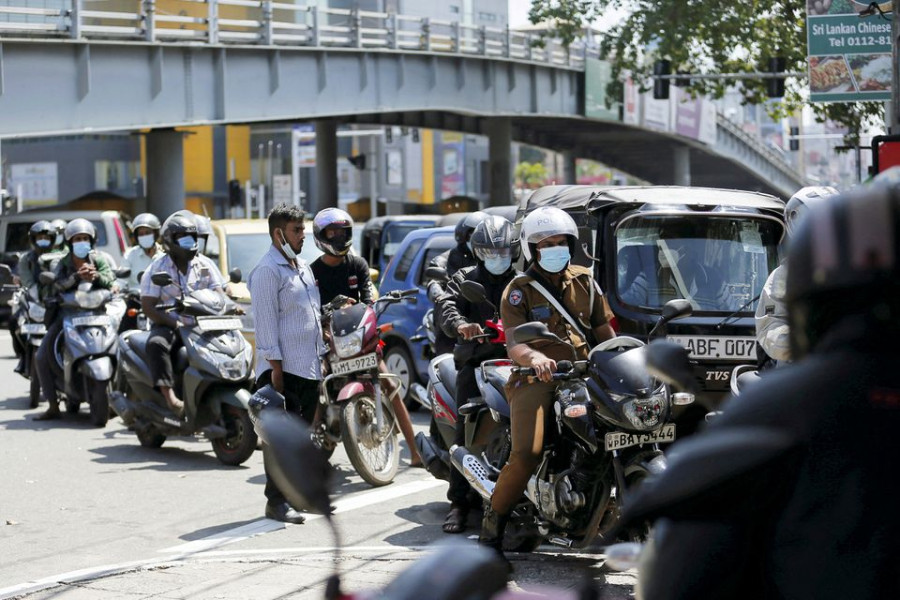Editorial
When it rains, it pours
Relying on tourism and remittances, we are exposed to the same pitfalls as Sri Lanka.
Sri Lanka is currently going through one of its worst financial crises. An island nation that relies primarily on tourism and remittances has been hit hard by the pandemic; and ever since it has been struggling to find the means to exit from this catastrophe. The current government, elected amid the ongoing Covid-19 pandemic in 2020, faces challenges on multiple fronts. Mounting debt, depleting forex reserves and a crippled tourism sector seems to have contributed to the current situation. Another thing that is often missed is the government’s desire to push for 100 percent organic farming which may have come at an inconvenient hour.
A ban on the use of chemical fertilisers has adversely affected agricultural production in the country, with food inflation soaring to 25.7 percent in February as per government data. And with a fast depreciating currency, it has been struggling to pay for imports leading to unrest among the people. What is worth noting is there is a lesson for Nepal to take away from this ongoing crisis unfolding in a country situated approximately 2,300 km away. Relying on similar income-generating sectors such as tourism and remittances, we are exposed to the same pitfalls as Sri Lanka.
With rising food prices, depleting forex reserves and an unstable employment sector, our authorities need to ensure that a crisis of the magnitude unfolding in Sri Lanka be averted. As it is, we rely primarily on imports to meet our ever-increasing demand from energy to farm products. Even during the pandemic amidst all the Covid-19 disruption, agricultural imports soared past Rs325 billion, an ominous sign for a country that falls into the category of an agricultural country. It is pretty apparent that there is a direct correlation between depleting forex reserves in Nepal and the continuing import of goods. Yet, it seems that policies fail to address the crux of the problem.
The conflict between Russia and Ukraine has aggravated the problems in the energy sector, as witnessed in the rising cost of fuel. And the trickle effect of the rising cost in the energy sector will almost invariably be felt in the price of food and other goods. Inflation is a global problem, but for Nepal, it is primarily induced by imports. Perhaps there is not a quick fix to the situation in the short run, but relying on our resources and concentrating our efforts to improve production from the agricultural sector will undoubtedly reap rich dividends in the medium to long term.
We should cultivate an atmosphere that will prevent the youth from leaving the country searching for employment opportunities. Given the unstable external environment, relying on just tourism and remittances would be unwise to keep our economy afloat. Balanced trade is the utmost need of the hour. We need robust policies to shield us from the downsides of an apocalyptic economic crisis affecting Sri Lanka, which could quite honestly have plagued Nepal.




 20.96°C Kathmandu
20.96°C Kathmandu














